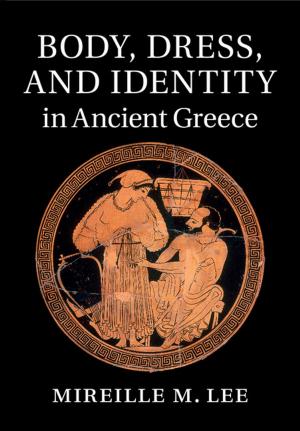Lucretius: De Rerum NaturaBook III
Fiction & Literature, Literary Theory & Criticism, Nonfiction, Religion & Spirituality, Philosophy, History| Author: | Lucretius | ISBN: | 9781316053454 |
| Publisher: | Cambridge University Press | Publication: | August 14, 2014 |
| Imprint: | Cambridge University Press | Language: | English |
| Author: | Lucretius |
| ISBN: | 9781316053454 |
| Publisher: | Cambridge University Press |
| Publication: | August 14, 2014 |
| Imprint: | Cambridge University Press |
| Language: | English |
The third book of Lucretius' great poem on the workings of the universe is devoted entirely to expounding the implications of Epicurus' dictum that death does not matter, 'is nothing to us'. The soul is not immortal: it no more exists after the dissolution of the body than it had done before its birth. Only if this fact is accepted can men rid themselves of irrational fears and achieve the state of ataraxia, freedom from mental disturbance, on which the Epicurean definition of pleasure was based. To present this case Lucretius deploys the full range of poetic and rhetorical registers, soberly prohibitive, artfully decorative or passionately emotive as best suits his argument, reinforcing it with vivid and compelling imagery. This new edition has been completely revised, with a considerably enlarged Commentary and a new supplementary introduction taking account of the great amount of new scholarship of the last forty years.
The third book of Lucretius' great poem on the workings of the universe is devoted entirely to expounding the implications of Epicurus' dictum that death does not matter, 'is nothing to us'. The soul is not immortal: it no more exists after the dissolution of the body than it had done before its birth. Only if this fact is accepted can men rid themselves of irrational fears and achieve the state of ataraxia, freedom from mental disturbance, on which the Epicurean definition of pleasure was based. To present this case Lucretius deploys the full range of poetic and rhetorical registers, soberly prohibitive, artfully decorative or passionately emotive as best suits his argument, reinforcing it with vivid and compelling imagery. This new edition has been completely revised, with a considerably enlarged Commentary and a new supplementary introduction taking account of the great amount of new scholarship of the last forty years.















